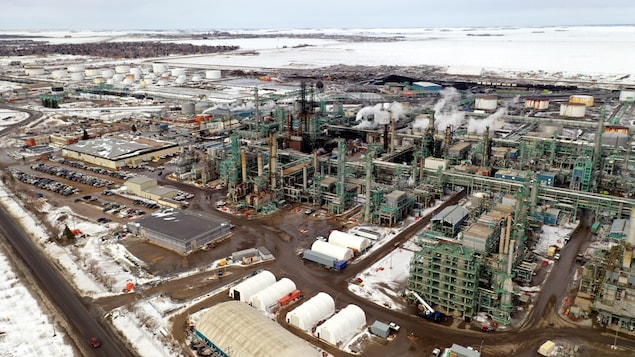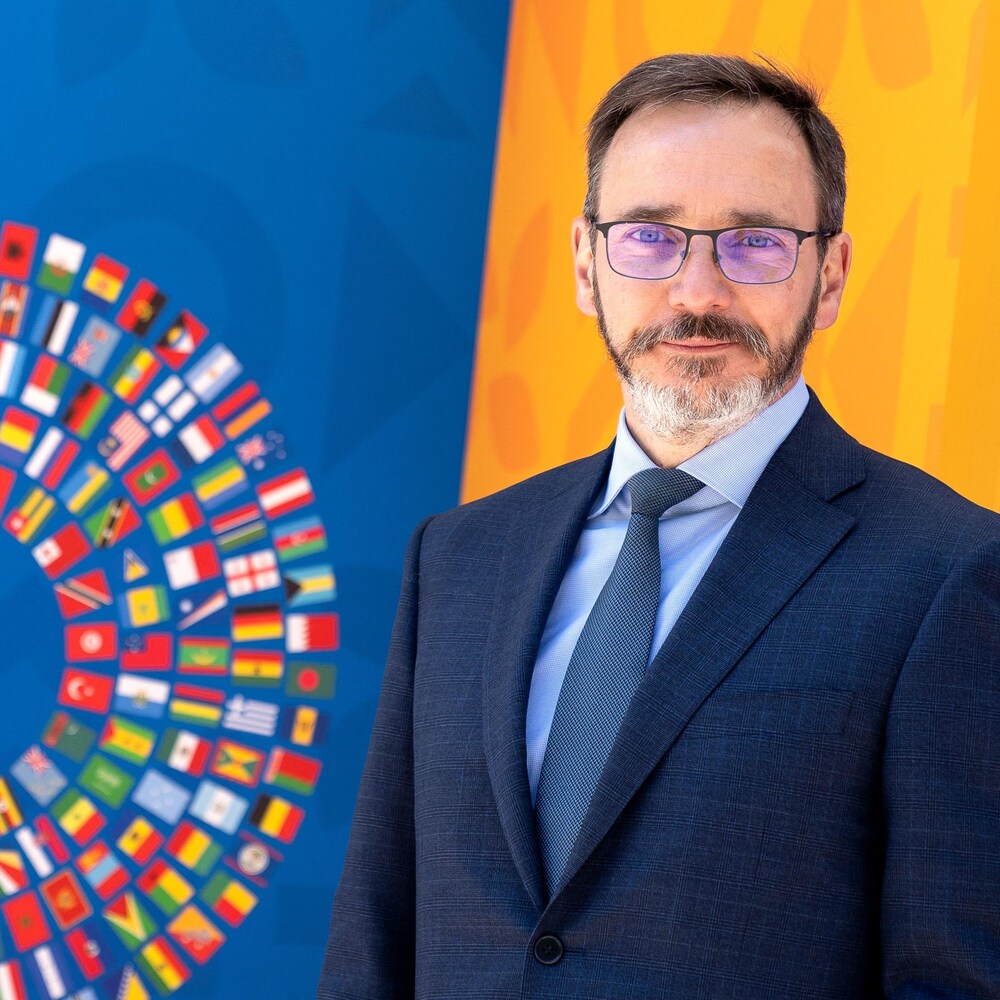The war in Ukraine has halted the recovery of the global economy, but Canada is getting away with it, according to International Monetary Fund (IMF) chief economist Pierre-Luc Gourinchas.
In an interview on the show Behind the scenes power, he argues that Canada benefits from its position as an energy producer and exporter. For this reason, its growth should reach 3.9%. For 2022, we have a change in growth for Canada that is very weak, approximately 0.2 percentage points. In comparison, the IMF reduced the European Union’s economic growth prospects by 1.1%.
However, Canadian consumers and particularly those with low incomes have been affected by the rivalry, which has been exacerbated by rising fuel and food prices.
The federal government must now speak to a new reality, the representative said IMF.
” We need to manage to navigate this kind of tension between, on the one hand, undoing the very open and immense support measures put in place [pendant la pandémie] and, on the other hand, put in place support measures targeted at food products and the price of energy to protect the most vulnerable households. “
The global economy in general has recovered well from the shock caused by the spread of COVID-19. In January, the IMF expected 4.4% growth in 2022-23, but lowered its forecast by 0.8% to 3.6% due to the war.
However, many clouds may obscure this prognosis. The aggravation of the conflict in Ukraine with increasing sanctions against Russia is one of them. A lethal variant of COVID-19 could also harm the global economy. And there is the rampant inflation that central banks want to control.
Pierre-Olivier Gourinchas does not expect inflation to return to the annual rate of 2% in 2022. It could approach 2023, without exceeding the threshold. However, it may no longer be at 8, 9 or even 10% that we are likely to see in the coming months.
In Canada, the inflation rate reached 6.7% in March, the highest level in more than three decades. In the euro zone, rising prices crossed the 7.5% mark, while it rose to 8.5% in the United States. Monetary restrictions by central banks are raising fears of recession in some countries.
The chief economist of IMF believe that risk exists, but note that economic recovery in advanced countries, including Canada, has been strong and the labor market is strong with relatively low unemployment rates. There is still a margin before we lead the recession of monetary policy restrictionshe believes.
Geopolitical concerns
For a longer period of time, Gourinchas has been concerned about the fragmentation of the global economy into geopolitical blocs. The threat emerged following the war in Ukraine with its overwhelming sanctions. The risk is not immediate, but it can have serious consequences and compromise resistance to climate change or another pandemic, for example. “The world will become smaller. The world will no longer be able to cope with the issues, aspirations and challenges it faces.”
And for an organization that relies on multilateralism, such a scenario is contrary to the principles of mutual assistance, exchange and cooperation which the IMF created at the end of World War II.
Source: Radio-Canada





